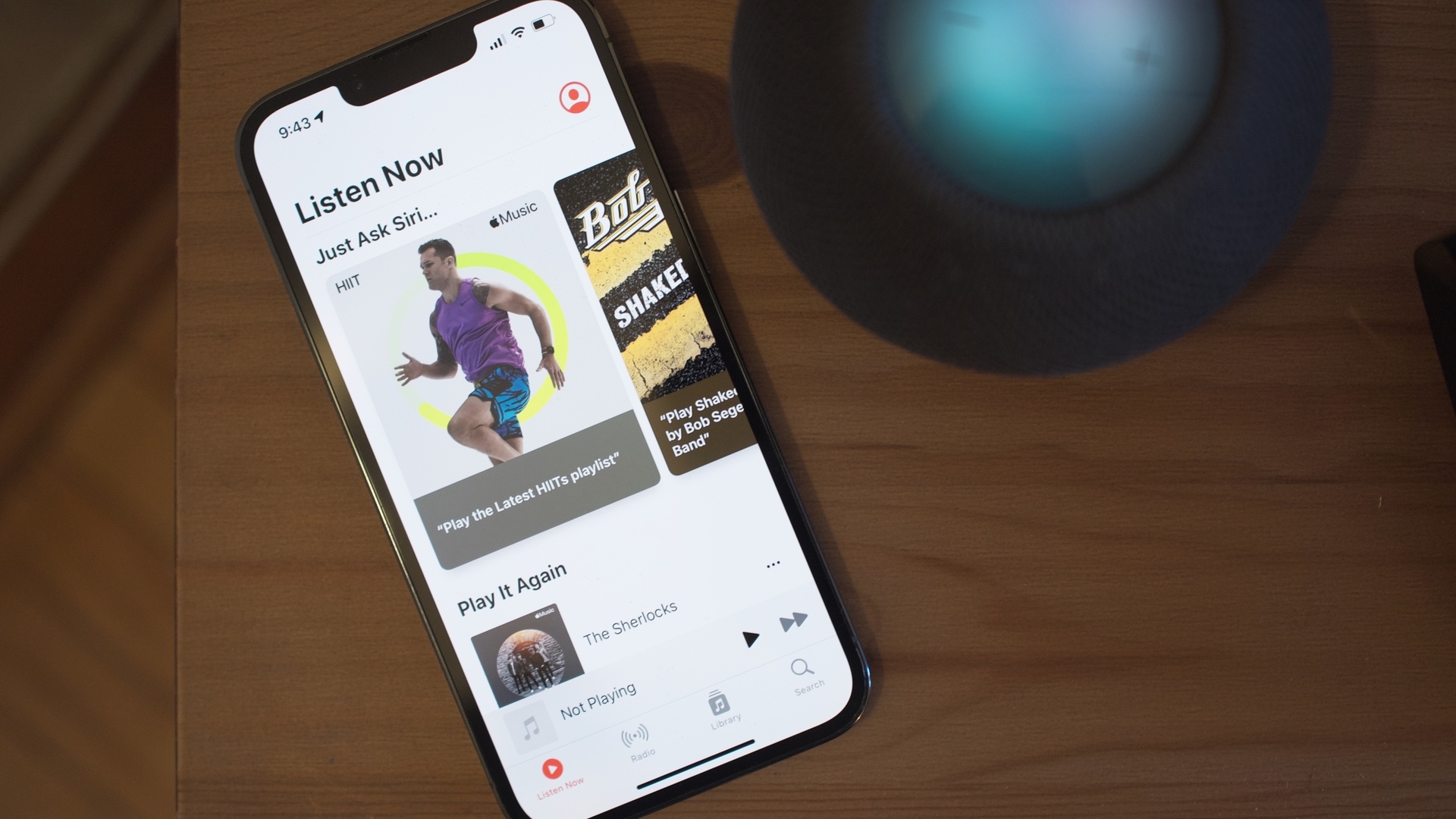
A tune produced by AI that was trained on the voices of Drake and The Weeknd has actually been gotten rid of from a host of streaming services following copyright problems.
The tune, which was produced by “ghostwriter” was apparently tape-recorded utilizing software application that utilized the voices of well-known vocalists as its training product. It appeared on streaming services recently and, paradoxically offered individuals it imitated, went viral over the weekend.
The tune has actually now been pulled from Spotify, Apple Music, Deezer, and Tidal.
Sounds … familiar
The tune brought in the attention of Universal Music Group which releases both artists through its Republic Records brand name. The business declared that it broke copyright law and they may have had a point– that’s something that still requires to be determined in the age of AI-generated material.
The BBC (opens in brand-new tab) reports that the tune was streamed nearly 630,000 times prior to it was gotten rid of from Spotify and was thought to have actually made a minimum of $1,888 for its developer based upon the most affordable possible royalty rate.
The voices were apparently quite comparable to the originals although we need to picture that an eager ear and the finest earphones would most likely have actually understood the distinction. Still, the reality that software application can utilize well-known vocalists’ voices to discover how to sing like them must send out shockwaves through the music market. Some copyright professionals aren’t encouraged that such deepfakes would make up an infraction of the law, however that’s something that makes certain to be tested ultimately.
Jani Ihalainen, of RPC, apparently informed the BBC that U.K. copyright law “offers entertainers with specific rights over their efficiencies, consisting of making of copies of recordings of particular efficiencies.” However it isn’t that clear when deepfakes are included.
” Nevertheless, a ‘deepfaked’ voice, which does not particularly copy an efficiency, will more than likely not be covered and might even be thought about a safeguarded operate in its own right.,” Ihalainen stated.